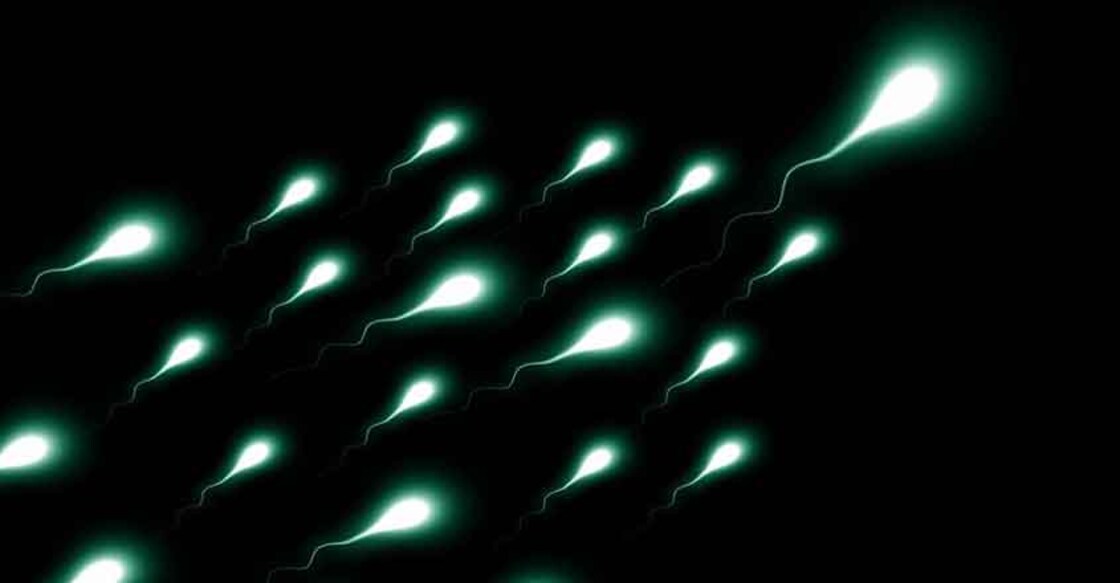Human sperm can retain viability in outer space conditions: Study

Mail This Article
London: Researchers have found that human sperm retains its complete viability within the different gravitational conditions found in outer space.
The results could be a huge boost to zillionaires like Amazon founder Jeff Bezos who see the 'colonisation' of space as an answer to the Earth's ever threatened resources.
"If the number of space missions increases in the coming years, and are of longer duration, it is important to study the effects of long-term human exposure to space in order to face them," said Montserrat Boada from Dexeus Women's Health in Barcelona, whose group worked with microgravity engineers from the Polytechnic University of Barcelona.
"It's not unreasonable to start thinking about the possibility of reproduction beyond the Earth," Boada said.
The study was performed using a small aerobatic training aircraft (CAP10), which can provide short-duration hypogravity exposure.
The plane executed a series of 20 parabolic manoeuvres, providing eight seconds of microgravity for each parabola.
Overall, 10 sperm samples obtained from 10 healthy donors were analysed after exposure to the different microgravities found in space and ground gravity.
The sperm analysis comprised a full range of measurements currently performed for fertility testing -- concentration, motility, vitality, morphology and DNA fragmentation -- and results found no difference whatsoever in any of the parameters between the microgravity space samples and the control group samples from Earth.
Indeed, there was 100 per cent concordance in DNA fragmentation rate and vitality, and 90 per cent concordance in sperm concentration and motility, said Boada.
These minor differences, she added, "were more probably related to heterogeneity of the sperm sample than to the effect of exposure to different gravity conditions".
Boada described this as a preliminary study and her group will now move on to validate the results and then to larger sperm samples, longer periods of microgravity and even fresh sperm.
One reason for using frozen sperm in this study was the known effect of radiation on fresh sperm, Boada noted.
"Radiation impairs the quality and viability of human sperm, and these effects are expected to be greater on fresh sperm than on frozen samples," she said.
The study was presented at an annual meeting of European Society of Human Reproduction and Embryology in Vienna, Austria.

